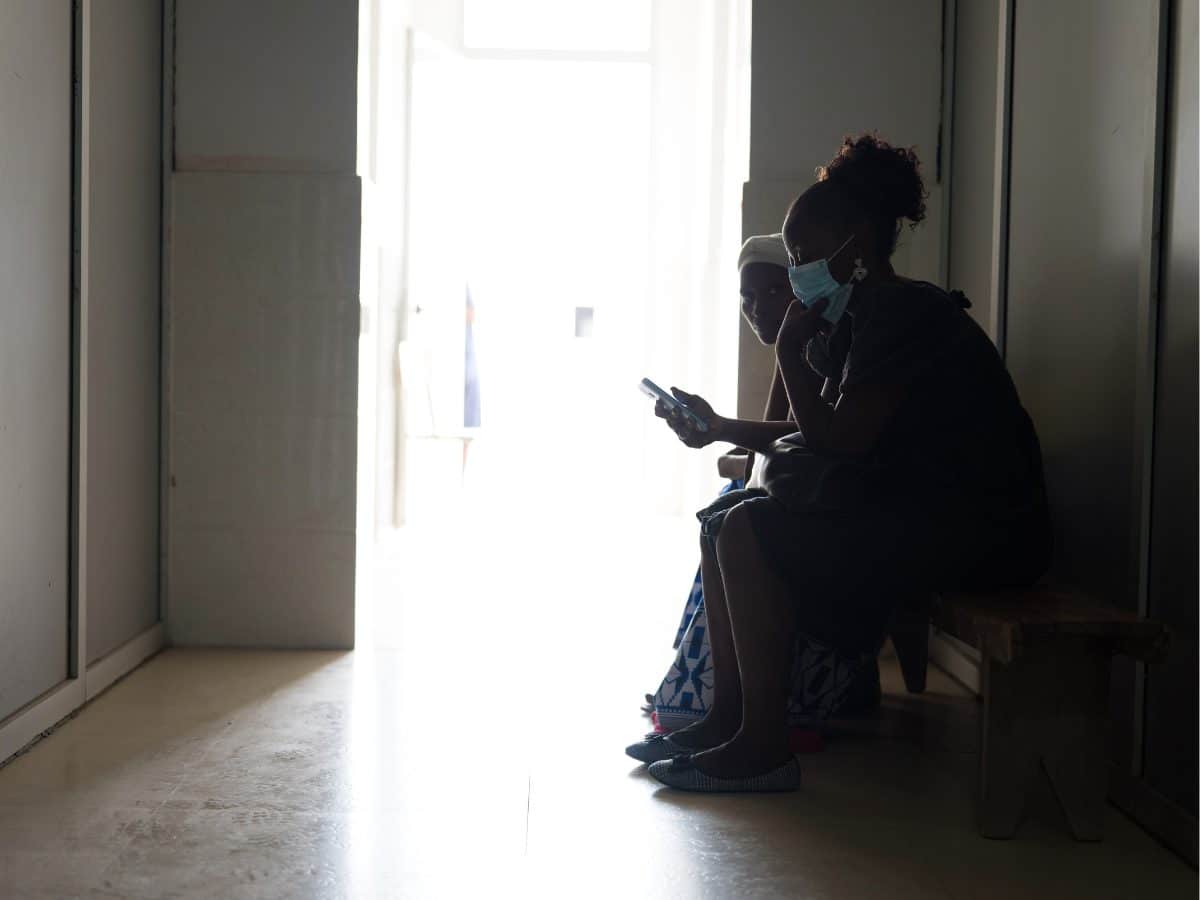Marburg virus disease (MVD) is a severe, often fatal disease in humans. Clinically similar to the Ebola Virus Disease, MVD can spread through human-to-human transmission. Due to its resemblance to other diseases, it can be difficult to diagnose.
In fall 2024, Rwanda experienced the third-largest recorded MVD outbreak, with 66 reported cases and 15 deaths, the majority of which were among health care workers. Sero-surveillance efforts identified 16 more individuals who tested positive for MVD antibodies. In response to the outbreak, Rwanda’s Ministry of Health launched a comprehensive national program that included widespread public health awareness campaigns, promotion of hygiene practices, strict monitoring of transmissions, isolation of potential cases, effective treatment protocols, and the distribution of investigational vaccines and therapeutics. The Ministry of Health declared the outbreak over by December 2024.
To continue to strengthen Rwandan health systems against MVD, ICAP at Columbia University launched a MVD post-recovery program with support from the U.S. Centers for Disease Control and Prevention (CDC). The nine-month program aims to provide continued clinical and psychosocial care for individuals who have recovered from MVD, with a focus on long-term monitoring, reintegration support, and early identification of potential complications or relapses.
“This program will be essential for ensuring the mental and physical well-being of the MVD survivors, through quality, appropriate, and timely care,” said Veronicah Mugisha, MBcHB, DPH, MMed (PH), country director of ICAP in Rwanda. “It will also contribute to the prevention of secondary transmission of MVD through regular biomedical monitoring. The program will produce information that will contribute to a better understanding of the epidemiology of Marburg.”
As a foundational component of this initiative, ICAP partnered with the Ministry of Health and Rwanda Biomedical Centre (RBC) to support the establishment and operationalization of the MVD Post-Recovery Centre at Kanombe Referral and Teaching Hospital (RMRTH) in Kigali City. The center was purposefully designed and equipped to deliver holistic, patient-centered care. It includes dedicated rooms for laboratory diagnostics, clinical reviews, mental health consultations, and semen sample collection for monitoring viral persistence.
A total of 67 MVD-recovered individuals, most of whom are health care workers, were enrolled for routine follow-up. All enrolled participants consistently attended their scheduled monthly visits, allowing multidisciplinary health care teams to conduct comprehensive medical and psychosocial assessments, monitor for post-viral symptoms, and coordinate referrals to specialists when necessary.
“I contracted MVD while caring for patients during the outbreak,” said one of the individuals enrolled for follow-up at the post-recovery center. “Although I survived the acute phase, I continued to struggle with persistent fatigue, joint pain, and anxiety. The Post-Recovery Centre provided me with access to specialized care, including consultations with a rheumatologist and a psychiatrist. I also received ongoing mental health counseling and regular clinical assessments, which played a crucial role in my recovery. Thanks to this support, I was able to return to work feeling confident and supported.”
The establishment of the MVD Post-Recovery Centre at RMRTH represents a significant milestone. It serves as a model of sustained care and an important element in Rwanda’s ongoing efforts to strengthen epidemic preparedness and support the health and wellbeing of its frontline responders and affected populations.
“This MVD post-recovery center has enabled individuals who recovered from MVD to receive not only specialized medical and psychosocial care,” said Collins Kamanzi, MPH, senior projects coordinator for ICAP in Rwanda, “but also the dignity and support needed to fully reintegrate into their communities.”
About ICAP
A major global health organization that has been improving public health in countries around the world for two decades, ICAP works to transform the health of populations through innovation, science, and global collaboration. Based at Columbia Mailman School of Public Health, ICAP has projects in more than 40 countries, working side-by-side with ministries of health and local governmental, non-governmental, academic, and community partners to confront some of the world’s greatest health challenges. Through evidence-informed programs, meaningful research, tailored technical assistance, effective training and education programs, and rigorous surveillance to measure and evaluate the impact of public health interventions, ICAP aims to realize a global vision of healthy people, empowered communities, and thriving societies. Online at icap.columbia.edu








